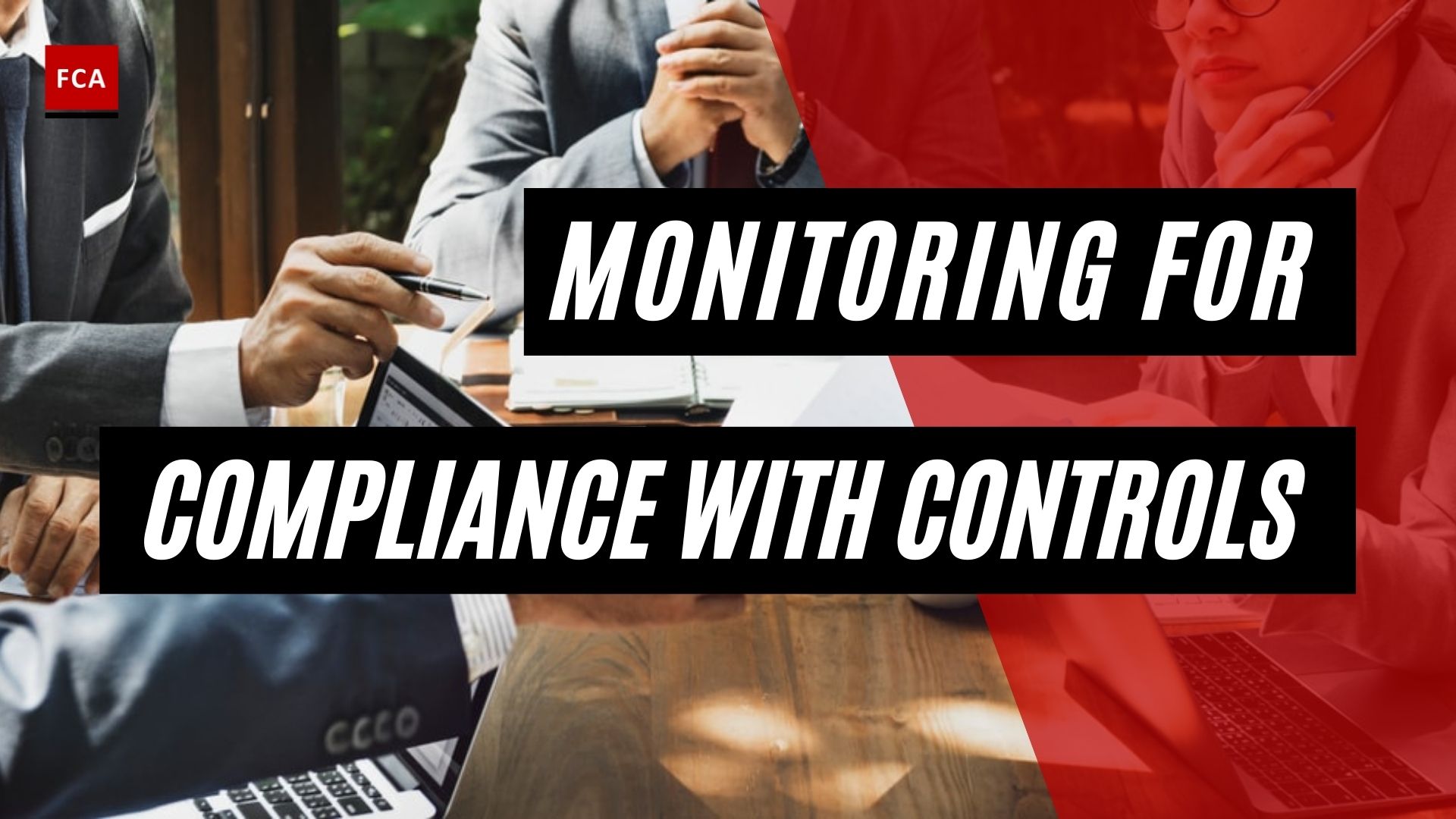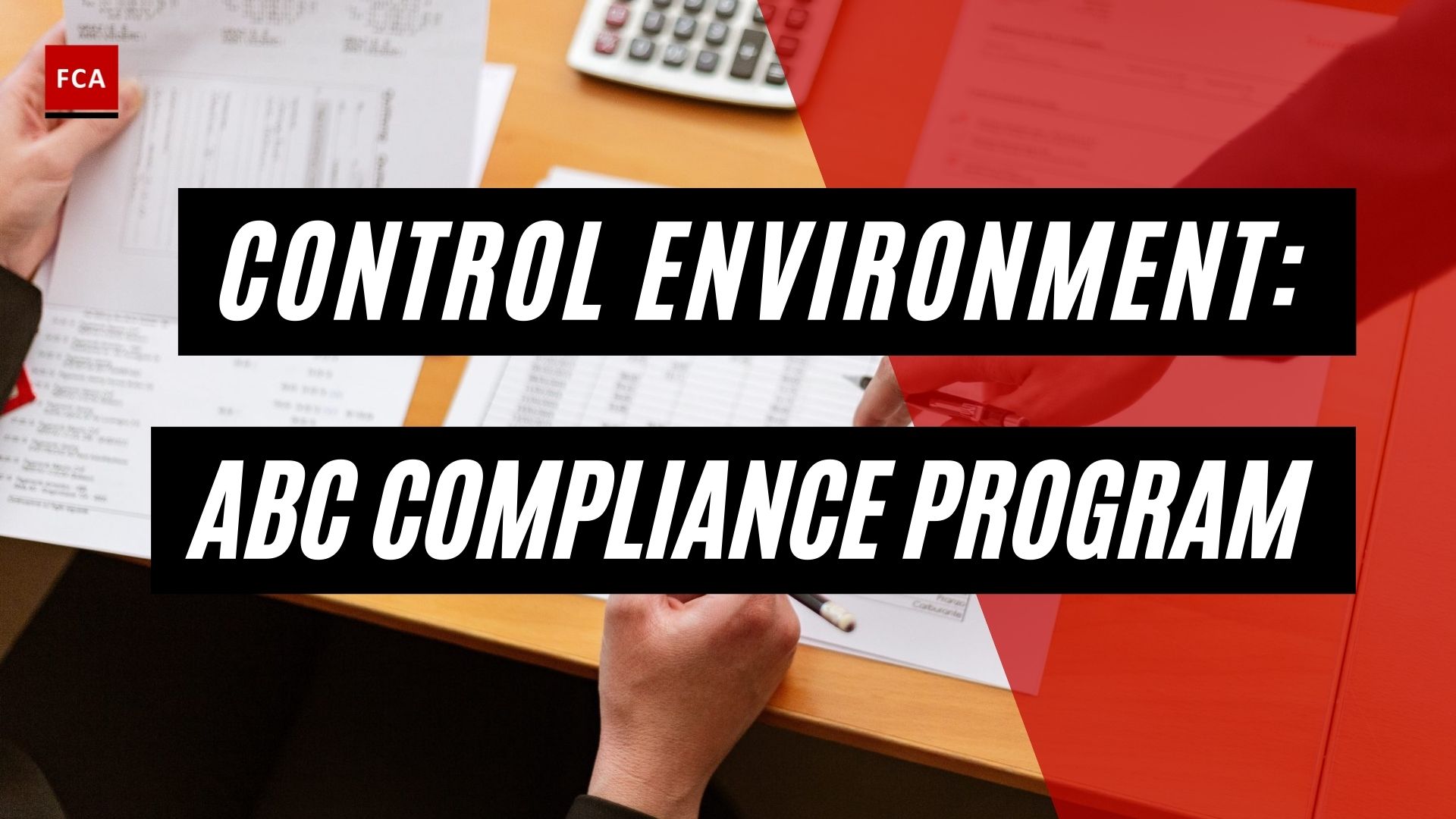What is an ABC officer? To identify, monitor, and control the bribery and corruption risks, the organizations hire a subject matter expert being the Anti-bribery and Corruption (ABC) officer of the organization. ABC officer reports to the CEO and performs his role in achieving the objective of ensuring that all the employees abstain from bribery and corruption and are well aware of the applicable regulatory requirements. ABC officer is responsible for ensuring effective implementation of a Board-approved compliance program, covering the principles of bribery and corruption.

What Is An ABC Officer?
To ensure identification and management of bribery and corruption risks, the organization should establish an effective ongoing monitoring process to be supervised by the ABC officer. The organization’s bribery and corruption risks and the effectiveness of implemented controls are evaluated by the relevant Board subcommittee on a periodical basis through the ABC officer. Significant internal control gaps and violations of the anti-bribery and corruption program are made part of the compliance report submitted to the board for its review and feedback. The standardized compliance report must include recommendations of the compliance committee before submitting it to the relevant Board sub-committee.
Anti-Bribery and Corruption officer is the key executive who heads the compliance department in the organization and serves as the central point of authority for an organization’s compliance risk matters, including bribery and corruption. The designation of such professional may be the ABC officer or the compliance officer.
The objective of the ABC officer is to promote the safety and soundness of the organization and minimize potential financial, reputational, and operational risks arising from legal and regulatory frameworks related to anti-bribery and corruption. Regulator’s expectations regarding the management of compliance risk as an important risk function which is consistent with international standards and best practices that shape the organization’s overall compliance culture to ensure avoidance of bribery and corruption in the organization.
The ABC officer works to maintain a strong compliance culture that reflects high ethical standards and integrity starting at the top of the organization and cascading down the line in a manner that ensures seamless and effective implementation of regulatory requirements and other laws relating to anti-bribery and corruption, in letter and spirit. Given the nature of the business & operations of the organization, the ABC officer ensures that the organization holds itself to high standards in carrying on its business activities because failure to manage bribery and corruption risks may result in adverse consequences for the customers, shareholders, employees, and other stakeholders.
The management of bribery and corruption risks is the first and foremost responsibility of all the employees and officers of the organization. However, the ‘primary’ responsibility of establishing an independent and effective Compliance function in the organization, capable of identifying and managing bribery and corruption risks, remains with the Board and Senior Management. The board and senior management assume the ‘leadership’ role in implementing an adequate and effective anti-bribery and corruption compliance program in the organization.
The ABC officer must be independent of business lines to effectively carry out its compliance activities. As such, the organization must ensure that the ABC officer is not placed in a position where there are real or perceived conflicts in respect of his or her scope of responsibilities, reporting lines, or remuneration. The ABC officer must have unrestricted access and a clear authority to carry out his or her responsibilities related to managing bribery and corruption risks at all levels, considering the requirements of applicable laws and regulations.
ABC officers must ensure that a constructive and cooperative working relationship between the ABC officer and different departments, including the business lines, is implemented to facilitate the overall identification and management of bribery and corruption risks. In practice, this can involve the direct participation of the ABC officer in providing related input to business functions on a product, service, process, or activity through representation on relevant management committees.
Final Thoughts
ABC officers undertaking the responsibilities related to identifying and preventing bribery and corruption must have the necessary qualifications, experience, and compliance skill set. In particular, the ABC officer must have a sound understanding of relevant legal and regulatory requirements and the implications of such requirements on the organization’s overall operations. In such cases where the organization has overseas business and operations, the ABC officer must devise a mechanism to have an understanding of relevant local legal and regulatory requirements applicable in those jurisdictions related to anti-bribery and corruption.









